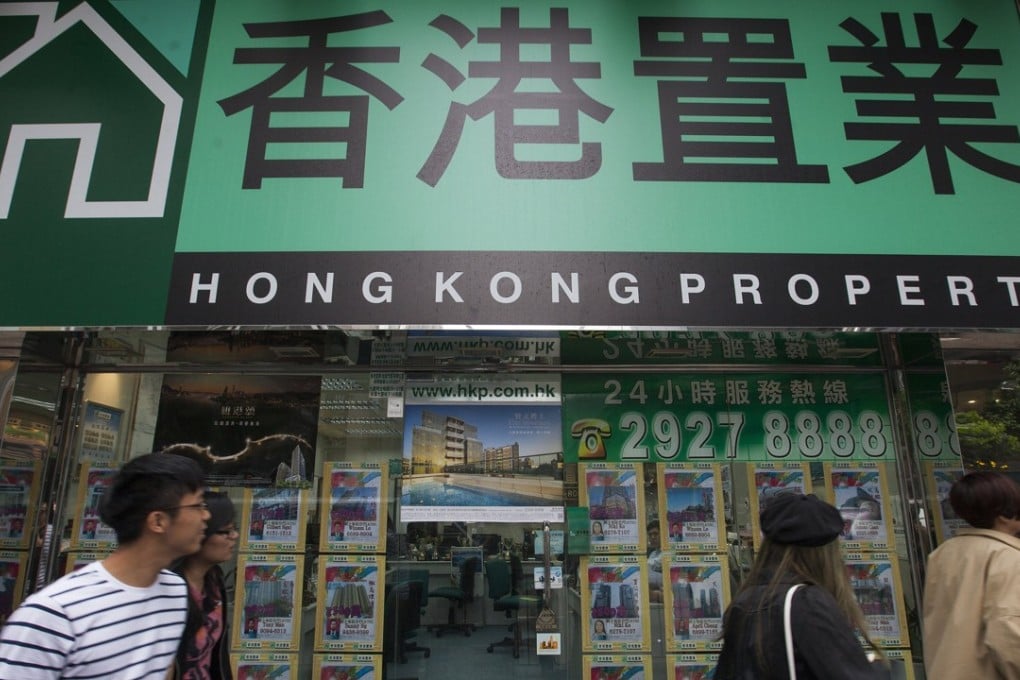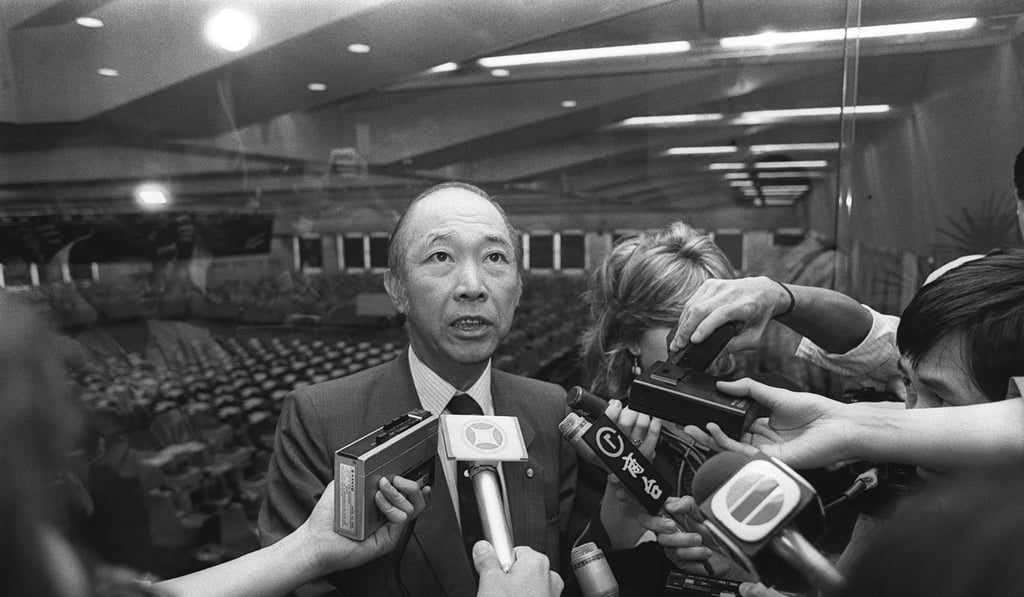Abacus | 1987, 1997, 2007... 2017? Hong Kong’s curse of unlucky seven
A stock market crash in 87, a property crash in 1997 and the global financial crisis of 2007. The omens don’t bode well, and even if you’re not superstitious, it might be wise to steer clear of Hong Kong real estate

Few in finance have memories of the markets that stretch back 30 years. But those whose recall does extend back to the mid-1980s could be forgiven for feeling a little nervous as Hong Kong enters the second half of 2017. The latter months of years that end in a seven are seldom lucky for investors in Hong Kong assets.
Consider 1987. The October 1987 crash hit stock markets around the world, but Hong Kong was hammered especially hard. On Monday, October 19, the city’s benchmark Hang Seng index fell 11 per cent, a slump that prompted stock exchange chairman Ronald Li to suspend trading for the rest of the week “to protect the investor”.

China’s stock index breakthrough: a most important non-event
Today the crash is possibly best remembered for how Li publically threatened the Hong Kong correspondent of the Sydney Morning Herald with jail for having the temerity to ask questions at a press conference. But many small investors sustained crippling losses. By early December, the stock market had fallen by more than 50 per cent from its October high. Within months Li had been arrested on corruption charges, for which he later went to jail himself.

Watch: How Hong Kong housing has changed in 20 years
Hong Kong’s promising future is still mostly in the future
Prevented by its fixed exchange rate from devaluing its own currency, Hong Kong was forced to make much of the adjustment through its asset markets. Between August 1997 and August 1998, the Hang Seng stock index cratered by 60 per cent. The adjustment in the city’s property market was slower, but even more vicious. From their 1997 high to their eventual 2003 low, residential prices in Hong Kong slumped by 69 per cent, inflicting grievous losses on legions of home-owners.
